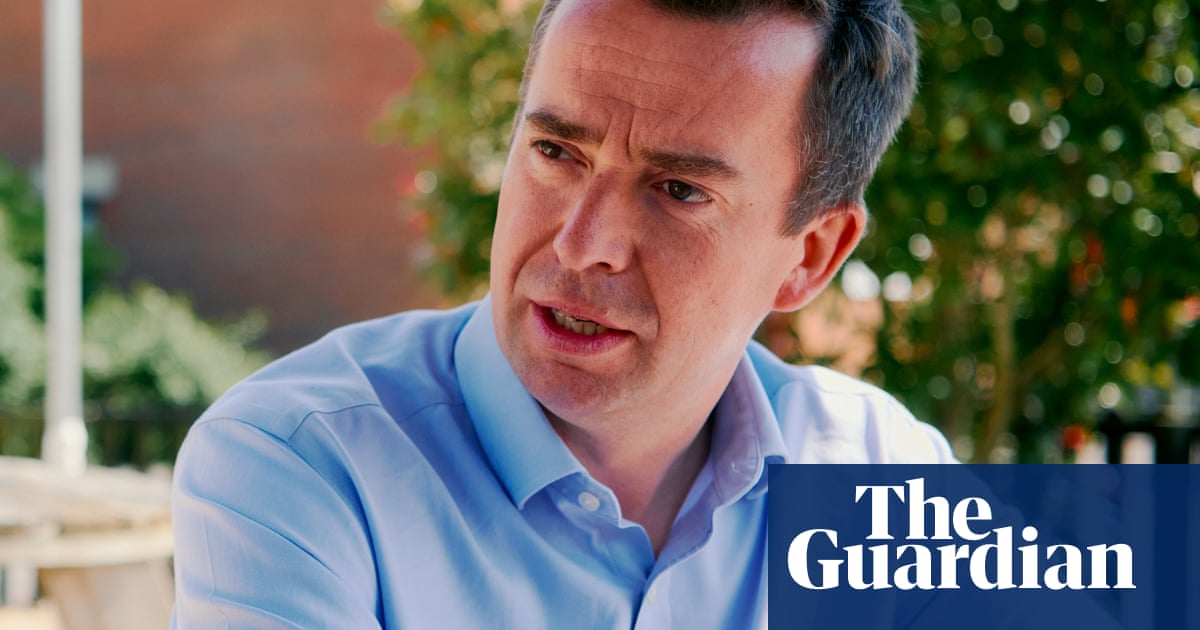A deeper trade deal with the EU that stops short of joining the customs union or single market could bring in £25bn of tax revenue and pay for reversing benefit cuts, according to research cited by theLiberal Democrats.
The party is writing to allLabourMPs this week asking them to join forces in a push for a much more comprehensive deal with Brussels, saying that backing closer trade ties would help revive the public finances.
It said research from the Best for Britain campaign group has found that GDP would be boosted by 2.2% as a result of deep alignment of goods and services, while staying within Labour’s red lines of no return to the single market or customs union.
A new House of Commons library analysis, commissioned by the Lib Dems, found that a 2.2% boost to GDP would bring in roughly £25bn of extra tax revenues.
The party acknowledged that the estimates from the Commons library should be considered rough and a rule of thumb, as tax generated by higher growth depends on how it takes place.
However, it said the boost to tax revenues from a fuller deal with Brussels should be more than enough to reverse the winter fuel allowance withdrawal and proposed £5bn cuts to disability benefits.
In his letter to Labour MPs, Calum Miller, the Lib Dem foreign affairs spokesperson, will say his party wants to work constructively to secure a new trade deal with Europe in order to boost public finances.
“A far more ambitious trade deal with Europe, including a new UK-EU customs union, would be the single biggest thing ministers could do to boost growth and fix the public finances,” he said.
“The Liberal Democrats stand ready to work constructively with Labour MPs to boost trade with Europe and avoid savage cuts for vulnerable families and pensioners.”
The move comes as Keir Starmer prepares to host a crucial summit with Ursula von der Leyen, European Commission president, on Monday, at which a deal is expected to be signed on some greater alignment on defence, fishing and food, alongside other areas. Easing trade restrictions is expected to be an ambition rather than a concrete plan.
More than 60 Labour MPs have already urged the government to go further than its plans at Monday’s summit – including on a youth mobility deal where a time-limited version is now under discussion.
At the same time, more than 100 Labour MPs have signed a letter calling on the government to back down from the welfare cuts, and many of them regard the means-testing of the winter fuel payment as even more toxic with voters.
Ahead of the UK-EU summit, the chancellor, Rachel Reeves, said it was a “step towards” a deeper and ongoing partnership with Europe, saying any deal struck next week will not be a “one-off”.
In an interview with the Guardian on Friday, Reeves suggested the government was looking for closer ties withEuropebeyond what was on the table this coming Monday, adding: “There will be future areas in which we can do more.”
Sign up toFirst Edition
Our morning email breaks down the key stories of the day, telling you what’s happening and why it matters
after newsletter promotion
She said the government would show there had been a decisive break with the ideologicalBrexitbattles of the past, saying “there is a lot of room for improvement” for ways to trade with the bloc.
Asked if the UK had raised its future sights beyond fixes, such as a veterinary deal that was set out in the Labour manifesto, Reeves said there would always be the red lines of no single market, customs union or a return to free movement, but suggested there was still more that could be done.
“We think that because of the trust we built, we can get a better deal. TheEuropean Unionhas understood from the beginning those red lines,” she said.
“I am ambitious for our future. This isn’t a one-off. There will be things that we achieve, some concrete outcomes on Monday, but there will also be a step towards where we want to go next between our countries.
“And I see that as a journey, not that what happens on Monday is the end; there will be future areas where we can do more.”
However, Nigel Farage, whose Reform party is topping the polls, has pledged to undo any deal that Starmer strikes, saying it is a reversal of Brexit.
